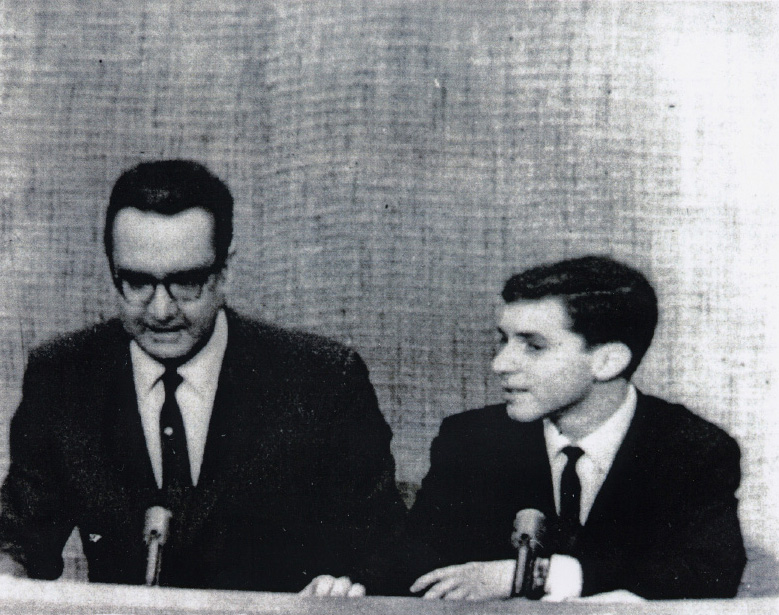Well, Time‘s cover story, Can Google Solve Death?, overpromises just a little, doesn’t it? I mean, Google hasn’t even been able to solve social media. The article doesn’t provide much insight into its ostensible premise, that with the launch of Calico, a life-extension outfit, Google aims to, yes, defeat mortality, through information-rich analysis. But the piece by Harry McCracken and Lev Grossman works because of its shadow premise.
The real story, not necessarily a new one but well-stated here, is that Google is a deeply strange company–which is not necessarily a bad thing. It’s not like Microsoft, which rode its primary product (software) to great wealth, occasionally dabbling (unsuccessfully) in sectors it had already lost (Slate for online content, Bing for search, Zune for digital-music players). Facebook seems to be much more like Microsoft in its mission purity, whereas Google wants to cut a broader path.
No, the template for the search giant is the golden age of Bell Labs. Of course, Google hasn’t had nearly the success yet that AT&T’s R&D lab did. But it only has to hit in a couple of areas (e.g., driverless-car software leading a fleet of autonomous taxis) to begin to diversify itself into a seemingly endless future. Ultimately, it’s own life is the one Google is really trying to extend.
From the article (which is paywalled):
“Most of the firm’s wildest ideas are dreamed up at Google X, which functions something like Google’s fantastical subconscious. It’s a secretive research arm headquartered a three-minute ride from the main Googleplex on one of the company’s 1,000-plus brightly colored bikes. While Page tends to the entire business as CEO, Brin now devotes much of his attention to X, which he runs in partnership with scientist and entrepreneur Astro Teller. Teller’s title–just to underline the operation’s stratospheric aspirations–is ‘Captain of Moonshots.’ (Teller changed his name from Eric to Astro, a reference to the AstroTurf-like buzz cut he sported in high school.) Except for his long hair, beard and mustache, he’s a dead ringer for his paternal grandfather, physicist Edward Teller, the father of the hydrogen bomb.
According to Teller, Google X’s moon shots have three things in common: a significant problem for the world that needs solving, a potential solution and the possibility of breakthrough technology making all the difference. (Making money comes later.) Even a proposed project that meets all these criteria probably won’t make the cut. ‘Sergey and I being pretty excited about it is a necessary but not sufficient condition,’ Teller explains. ‘Depending on what it is, it might require consulting experts, it might require building prototypes, sometimes even forming a temporary team to see where it goes and then saying to the team, ‘It is your goal to kill this idea as fast as possible.’’
Four big Google X efforts are public knowledge. There’s Google Glass, the augmented-reality spectacles that pack a camera and a tiny Web-connected screen you can peek at out of the corner of your right eye and control with your voice and gestures. Makani Power–a startup that the company invested in and then bought outright in May–puts energy-generating wind turbines on flying wings that are tethered to the ground but circle 1,000 ft. in the air. Project Loon aims to deliver Internet access to remote areas of the planet by beaming it wirelessly from 39-ft.-tall helium balloons hovering 12 miles in the sky. Though Calico is a Google X–style long shot, it will be a separate entity from Teller’s shop.
But if you had to pick a Google X moon shot with the most plausible chance of permanently reshaping the way we live, it would be the self-driving automobiles.”



